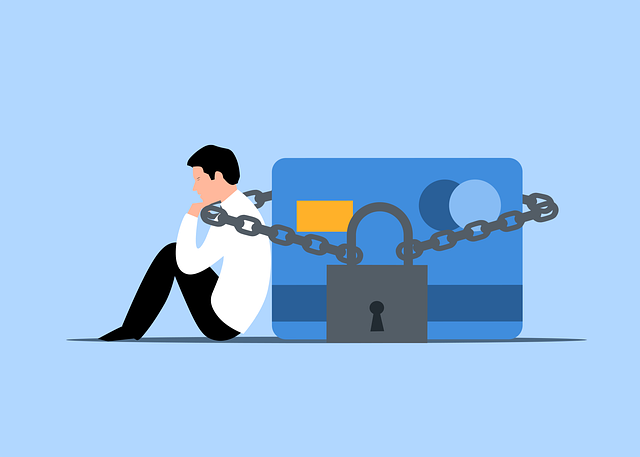Three Ways Not to Use Credit Cards
The best method to prepare for a secure financial future is to avoid debt. Several users risk their financial stability by falling into credit card debts. When used correctly, these cards provide numerous benefits. Offering excellent reward programs, these financial products have become popular with the majority of users. Moreover, card issuing companies are trying to increase their market share by providing some excellent features and offers to the users. The rewards program provides several offers, such as cash back, redeemable points, traveling deals, and much more. Furthermore, card users enjoy many advantages, such as building their credit history, protecting purchases, and being able to afford expensive items without paying in cash. It is common for some users to spend huge amounts using their cards. It is possible that the users are unable to pay these higher outstanding balances on time. As a result, they may face financial crises and eventually fall into a debt trap. This situation is avoidable by ensuring cardholders do not use their cards for the following three purposes.
1.Use the Card for Foreign Currency Transactions
Many users purchase foreign currency through the cards before they travel abroad. Furthermore, they may swipe their cards for making purchases in international currency. Most card issuing companies charge a cash advance fee when these cards are used to buy foreign currency. Furthermore, the lenders do not provide interest-free period on these transactions (even when the bill is paid on time) and also charge higher annual percentage rate (APR). The same is applicable when these cards are used to buy vouchers or gift cards.
2.Use Credit Card Cheques
Card issuing companies send convenience cheques to their cardholders to help them make payments, such as mortgage, rent, or other similar expenses. If the cardholders utilize these cheques they would have to pay ‘cash advance APR’ and withdrawal fees.
3.Make Cash Withdrawals
Many people use their credit cards to withdraw cash because using their debit card limits their withdrawal to the balance available in their bank accounts. The card limit is generally more than the cash balance maintained by individuals in their bank accounts. However, such withdrawals attract fees and higher APR. Furthermore, the interest-free credit period is not available for cash withdrawals. Additionally, such withdrawals are recorded on the users’ credit report, which may affect their capability to borrow in the future.
Additional Points to Consider
Many users maintain more than one card especially because of the exciting offers that are widely advertised by the card issuing companies. However, this is not advisable because these cards may often come with certain hidden terms and conditions that are often overlooked by the users. Another common mistake made by cardholders is that they only pay the minimum monthly balance. This may be a dangerous situation because often it is too late before they realize that they have fallen in a huge debt trap. Missing the bill payment date also increases the finance cost as well as incur late fees. Users must ensure they always make timely payments to reduce their cash outflows. Cardholders must always avoid using the entire limit available on their cards. This not only affects their credit score but also requires them to pay additional charges if they exceed the sanctioned limit. Finally, before signing up for the card, users must understand the various charges. Some of the common charges include joining and annual fees, over-credit-limit charge, late fees, cheque bounce penalty, and cash advance charges. Knowing all these fees and charges as well as thoroughly reading all the terms and conditions before finalizing the card is important to ensure individuals do not misuse their cards and fall into a debt trap.




Thank you for this list of things to avoid when using credit cards. You always have to be careful with them and read the fine print on any CC service you use.